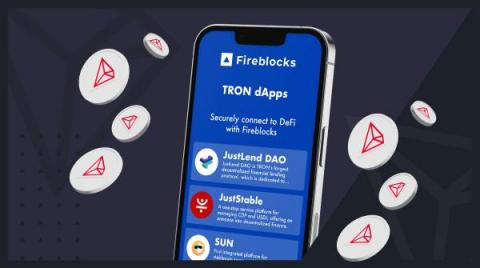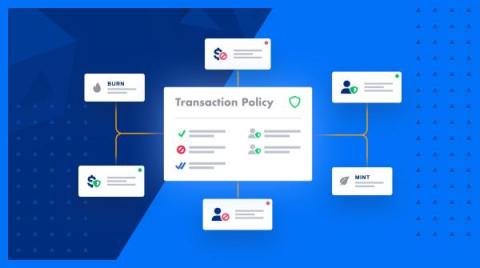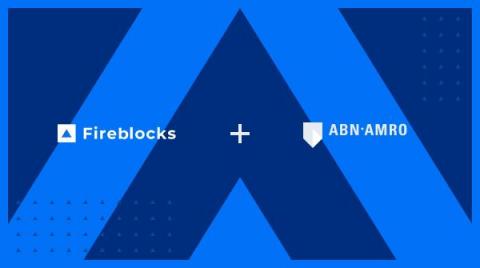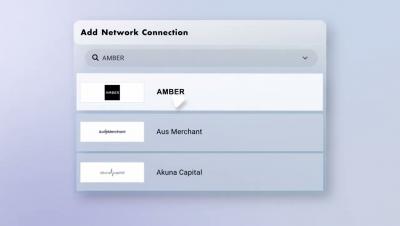Fireblocks Expands Non-EVM DeFi Access with TRON
Today, Fireblocks is expanding access to the DeFi ecosystem on TRON, the second-largest DeFi protocol. Customers can now securely connect to TRON dApps through WalletConnect, starting with JustLend DAO and JustStables, with support for SUN to be added soon. Thousands of organizations rely on Fireblocks to securely access a range of DeFi applications across EVM and non-EVM chains – to date, the platform has powered over $150B in DeFi transactions.











